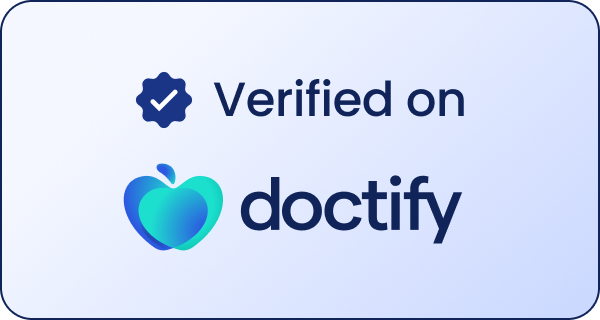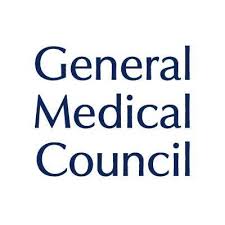What are the signs of gender dysphoria in children and teenagers?
Gender dysphoria may present differently depending on the child’s age and level of emotional development.
Children (under 12 years old)
-
Insistent, consistent, and persistent expression of a different gender identity
-
Preference for clothes, toys, and activities typically associated with another gender
-
Discomfort with their body or physical sex characteristics
-
Avoiding gendered spaces (e.g., toilets, changing rooms)
-
Anxiety or distress when misgendered or corrected
-
Social withdrawal or difficulty making friends due to gender-related stress
Teenagers (12–18 years old)
-
Strong desire to be recognised and treated as their true gender
-
Distress about puberty-related changes (e.g., menstruation, facial hair)
-
Requesting a new name, pronouns, or gender expression
-
Seeking information about medical transition or gender-affirming care
-
Increased risk of anxiety, depression, self-harm, or suicidal thoughts
-
Avoiding school, social situations, or sports due to gender-related distress
It’s important to listen, validate, and support a young person’s experience — even if they are still exploring their identity.



